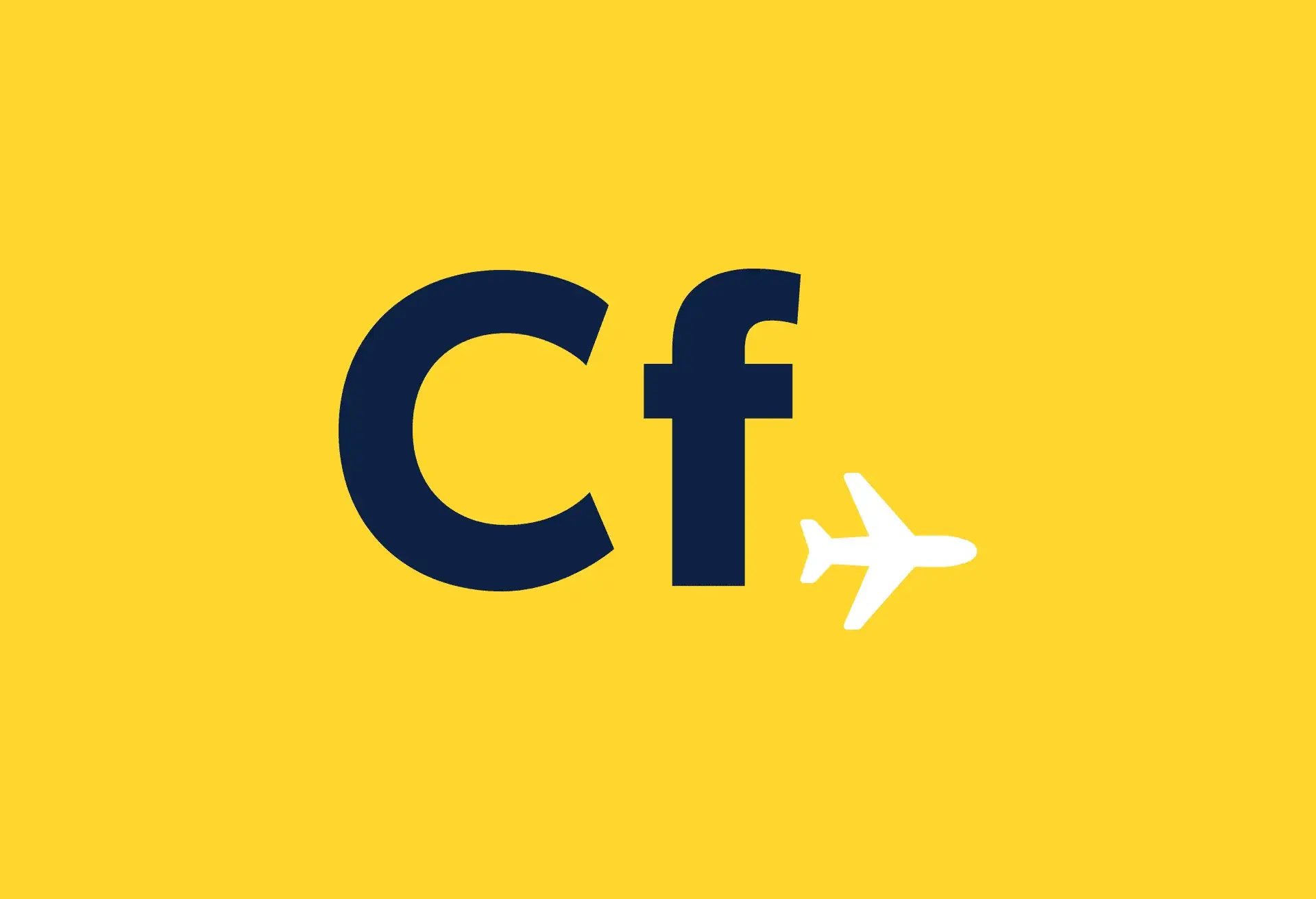Lonely Planet has launched a language course called, appropriately, Lonely Planet’s Fluent Road. It’s developed by language-learning expert Fluenz and focuses on the most relevant travel-related language, vocabulary and grammar. Think dining, accommodation, shopping and directions …
It has launched in Spanish (there are four different Spanish accents – Mexican, Argentinian, Spain or neutral Latin American) and there are plans to extend the course to Italian, French, Portuguese and German. There’s a nifty free trial and a monthly subscription system ($9 US).
The course was created by world traveller, multi-linguist and Fluenz co-founder Sonia Gil and we caught up with her for a few minutes to find out the answers to these questions:
What is the best way to approach learning a new language for your holidays?
Enthusiasm is a big part of it. The very best way to learn it is to really, really want it, because it is not easy, that’s the truth.
Close your eyes and visualise yourself communicating in that language, and visualise how happy that will make you feel. Now get to work. It’s not easy but it is not impossible. The key is to learn few things at a time. Things that are manageable and concepts that you are sure you are grasping.
The second key element is that it has to be content that you can visualise yourself using. If you get to the point where you can say: I’d like a table for two next to a window, please. That’s something you can get excited about because you know you will be able to use it in your upcoming trip. But if I teach you how to say: The dog runs really fast, what’s the point? And if, on top of that, the concepts are hard, well you just won’t feel too motivated. Which brings me to the final point, motivation.
We lead busy lives and it’s hard to find the time to get to work. That’s why sitting with a book by yourself is that much harder, and follow-along audios can be a bit boring. Fluent Road has the human element, a teacher on video speaking to you in English every step of the way; showing you every structure and how it works. If you can get relevant content, explained in a clear way and add the excitement of getting to use your new tools on your upcoming trip, then you are bound to learn.
What are the most common mistakes people make in learning a new language?
One of the biggest setbacks people have is one that they put on themselves, pronunciation. We know that we are not getting the sounds just right, and so we hold ourselves back and not speak at all. And I wish I could tell everyone is: forget about pronunciation. It takes time and it is not the most important thing at first. You are new at the language and no one expects you to sound like a local.
As long as people understand you, you are well on your way. Focus more on recalling single words, word order, and putting sentences together. And do not worry at all if you sound like a native speaker. That will come with time.
The second biggest mistake is learning things that are unnecessary. If you are going to learn just a bit of the language then you need to economise your brain space. Each and every word should be useful right away. There is no point in learning the words in the phrase “dog running” for example, if what you really need as a traveller is to say “how much is it?”, “Where is X?”, and so on. And this not only applies to vocabulary, it applies to grammar as well. There are some structures and tenses that are used more than others, and there are simpler and more complicated ways to say things. Start with simple and stick to it until you have mastered it completely, then move on.
Are there any killer tips that would help people learn more quickly?
For me writing things down really helps me cement things. And by writing I mean hand-writing. I have tons of notebooks of verbs just written over and over again. But honestly the killer tip is one that you do not want to hear: practice, practice, practice.
Break everything down into small pieces. Learn few things at a time and do NOT move on until you totally and completely understand them with no hesitation whatsoever. And practice the heck out of everything.
What are some important must-learn phrases in all languages?
This, That, Yes and No, are the first words I always learn.
Then I add: I want.
Add more crucial vocab: The bill, The menu, a coffee, a water, please and thank you.
Now you can say: I want the bill. I want the menu, please. I want a coffee, please.
With that I can survive at a restaurant. And pointing to things and saying “I want this and that” have gotten me quite far.
Next comes: Where is?, Now I can point to a map, or an address I have written down and say: “Where is this or that?”
Add a few words: The toilet, The station, The hotel, The restaurant. And since you know how to say this and that, you can add This station, This hotel, This restaurant.
Now you can say: Where is the toilet? Where is that restaurant?
And the final piece: How much is it? That one you will need
Do you have any tips for memorising new vocabulary?
Flashcards. It’s an old trick but it works. Usually there are words that just stick, that you grasp right away, and then there are the stubborn ones. Those I group together and triple practice them. That’s why we created the flashcard builder tool in Fluent Road. Being able to create your own sets of flashcards, however you want them is key to memorising vocabulary.
Then for those really hard words I play the association game. For example the word “Leche” means “Milk”. So I close my eyes and visualise those letters: LECHE, then I might add a bowl of Cheerios to that mental picture.
So when I want to recall the word for milk I think of Cheerios. That reminds me that the word has a “che” sound and that might be enough to trigger my memory and recall Leche. A bit convoluted, but you can come up with your word associations and they really do work!



